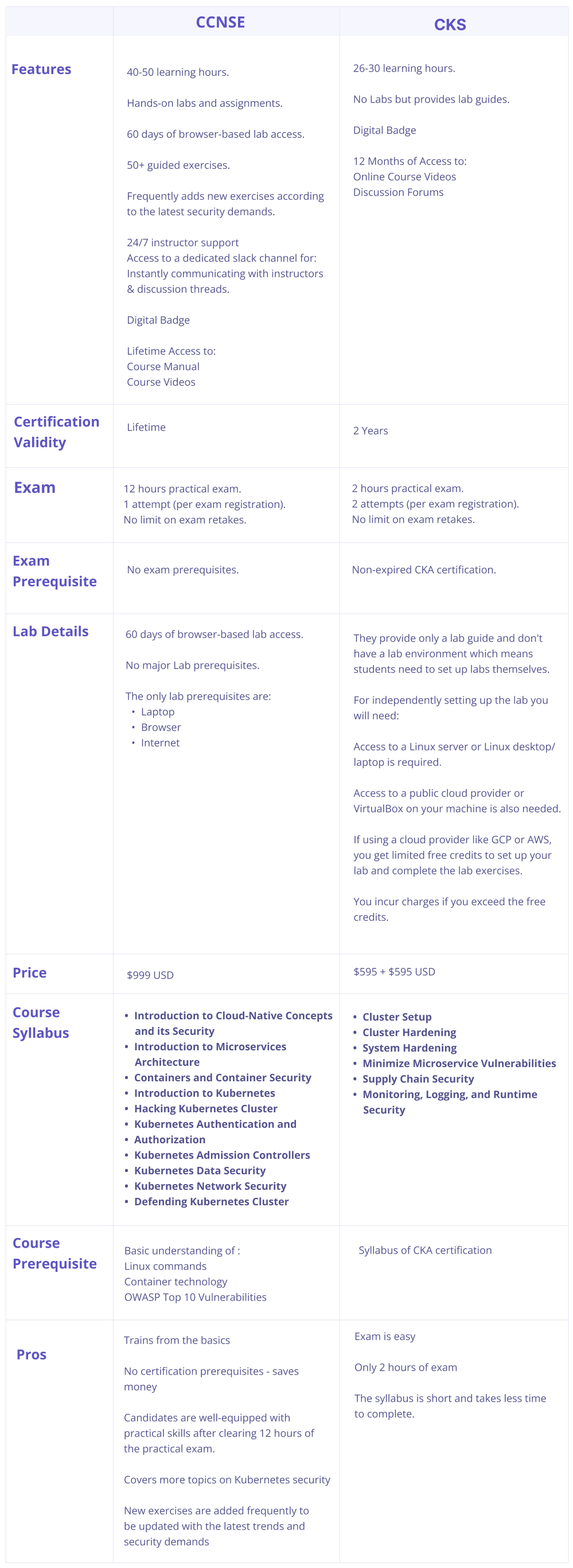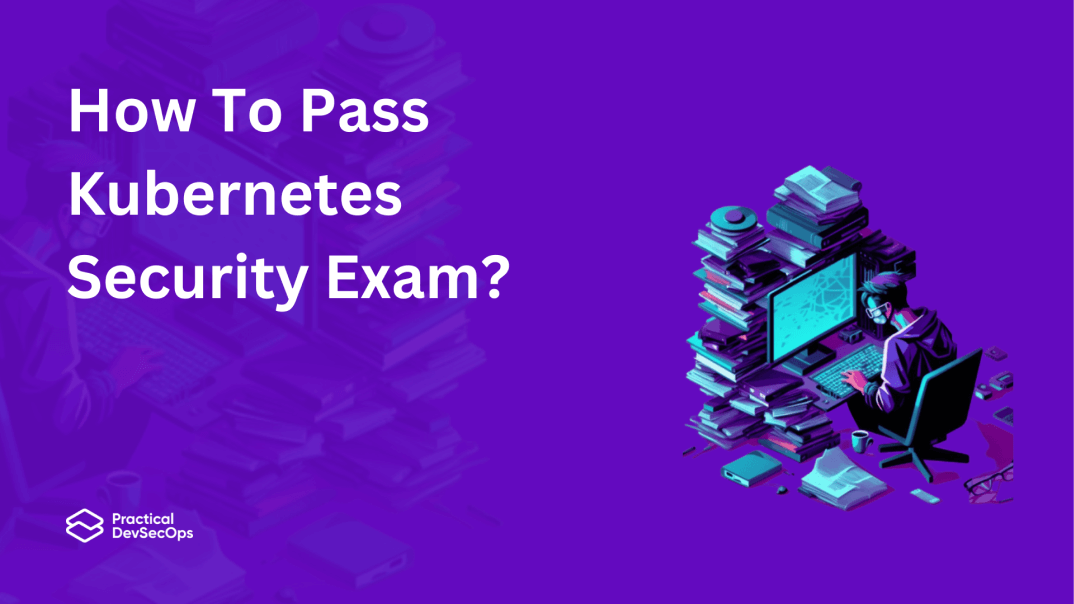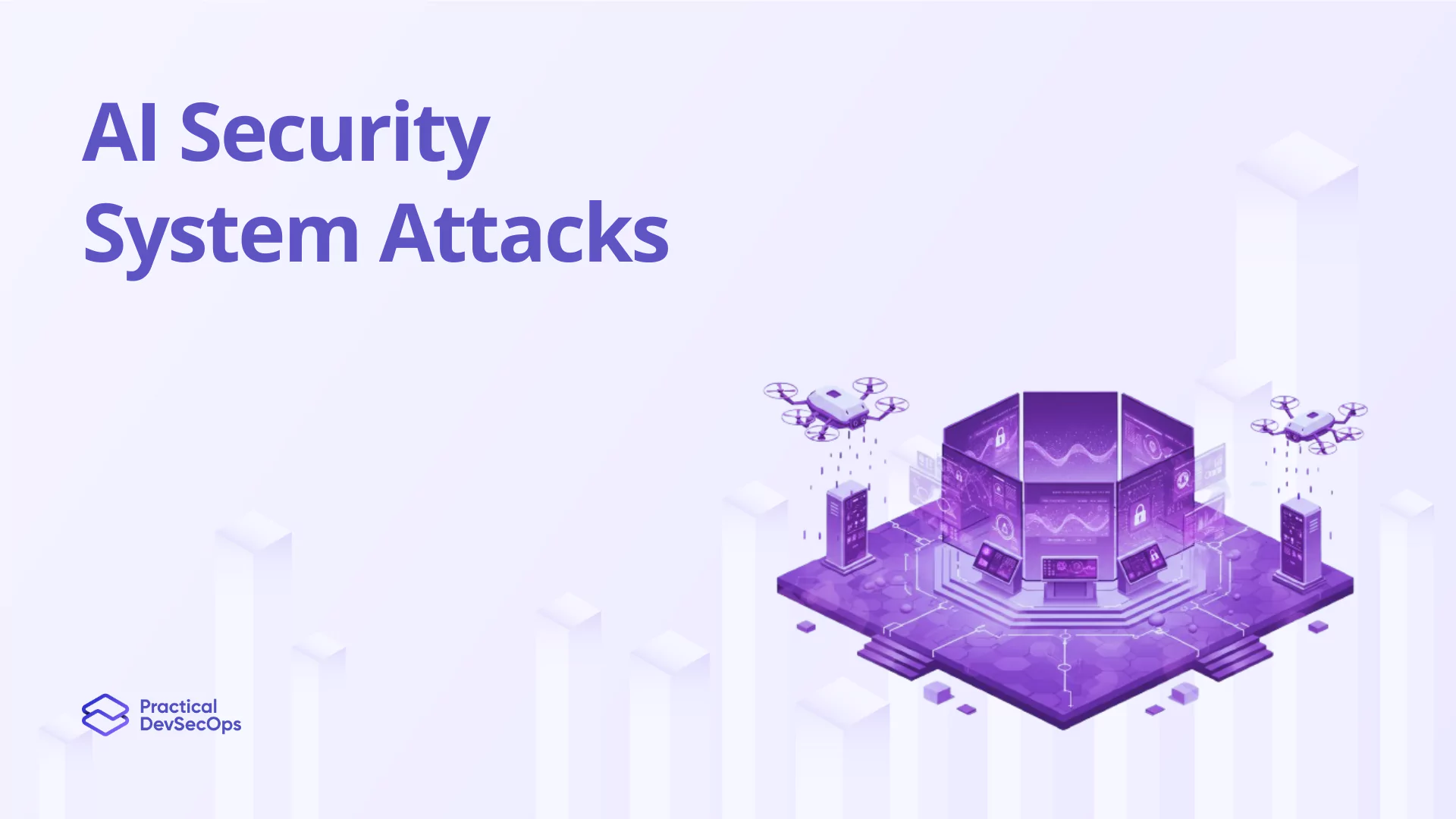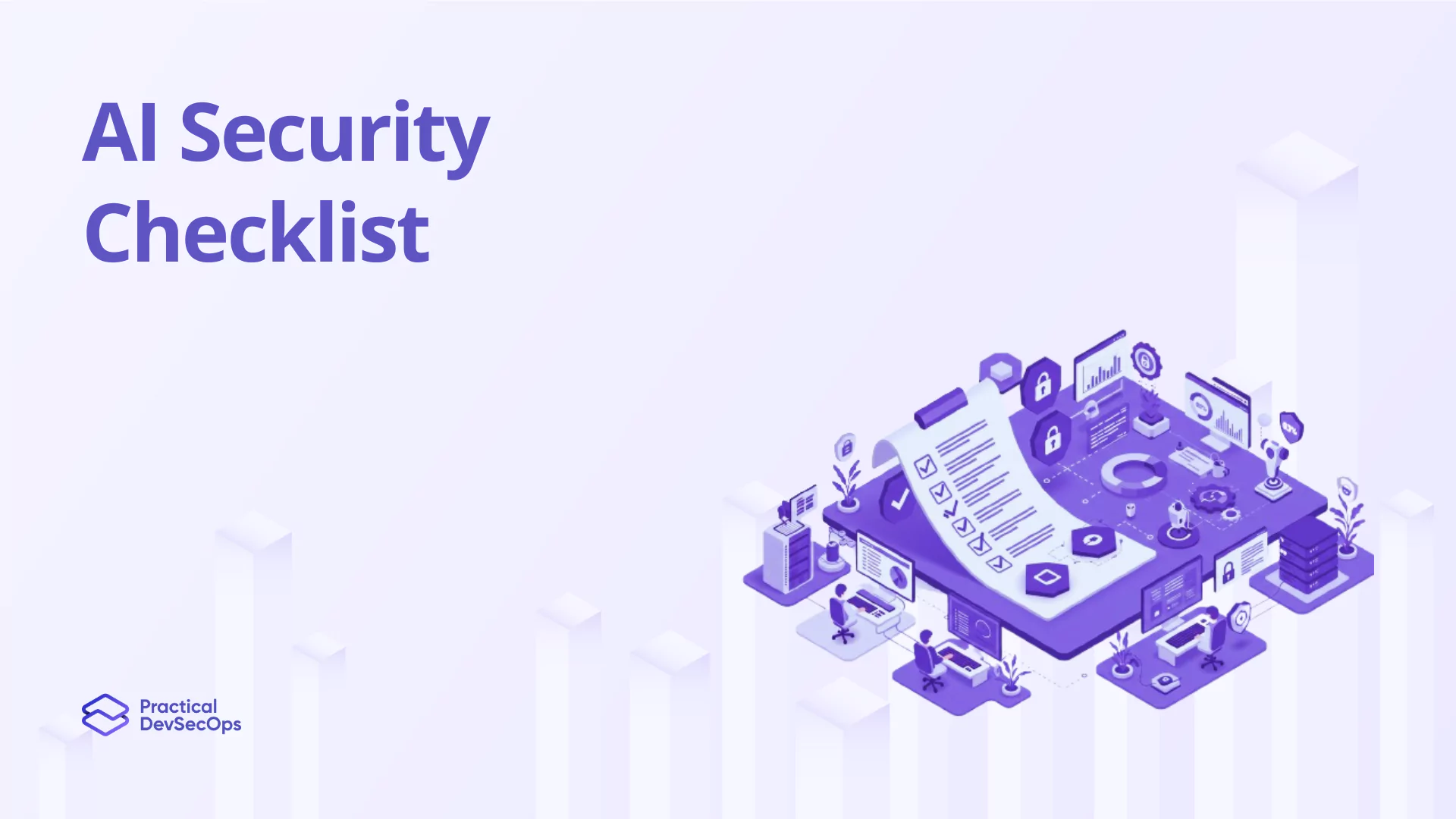Kubernetes is the most successful container orchestration technology that is enabling more software innovations and breakthroughs. Most successful organizations are highly dependent on Kubernetes to manage their containers. Seeing the opportunity, it is evident that many are aspiring to get the best Kubernetes security certifications. This blog will assist you with tips for how to pass the Kubernetes security exam.
How hard is the CKS exam?
The CKS exam is generally perceived as being relatively straightforward and easy, given that it is a 2-hour exam that does not delve deeply into advanced Kubernetes security concepts. The pass percentage of this exam is good as well. However, before taking the CKS exam, it is mandatory to pass the CKA exam to establish eligibility. During the CKS exam, candidates are expected to demonstrate their practical skills by accomplishing real-world tasks in a simulated Kubernetes environment. Students will be required to set up their labs independently as no lab environment will be provided, though they will be provided with a lab guide to assist them. To pass the CKS exam, you’ll need an understanding of:
- Kubernetes security concepts:
- Authentication
- Authorization
- Encryption
- Auditing
- Experience with Kubernetes security tools:
- CIS Kube-bench
- Trivy
- Sysdig/Falco
- AppArmor
- Seccomp
- OPA/Gatekeeper
- Understanding of API server functionality:
- Debugging extension and tuning issues
- Admission control
- Audit
- Familiarity with Linux fundamentals:
- Security with cGroup mapping
- Comprehensive knowledge of Kubernetes architecture and component interaction:
- RBAC
- NetworkPolicies
- PSP
General Tips for How to Pass Kubernetes Security CKS Exam
Clearing the Kubernetes security exam is easy if you follow the right guidance. Here are some tips on how to pass the Kubernetes security exam:
Tip 1: Study the exam curriculum
The Certified Kubernetes Security Specialist (CKS) exam curriculum is publicly available, and you should study it carefully. The curriculum covers six domains, including
- Cluster Setup
- Cluster Hardening
- System Hardening
- Minimise Microservice Vulnerabilities
- Supply Chain Security
- Monitoring, Logging, and Runtime Security
Make sure you have a solid understanding of each domain and the tasks associated with each one.
Tip 2: Practice and Get Hands-on Experience
The CKS exam is a performance-based exam, meaning you’ll need to demonstrate your skills by completing real-world tasks. The Cloud Native Computing Foundation CNCF provides a list of recommended resources for preparing for the exam, including Kubernetes documentation, Kubernetes courses, and practice exams.
You can use this CKS certification preparation guide as a reference
Tip 3: Setting up CKS practice labs
To prepare for the exam, you should practice in a simulated Kubernetes environment. CKS would only provide its candidates with lab guides and doesn’t have a lab environment which means students need to set up labs themselves.
Tip 4: Stay Up-to-Date
Kubernetes is an ever-evolving platform, and it’s essential to stay up-to-date with the latest security best practices and vulnerabilities. You should regularly read Kubernetes security blogs, attend webinars, and join Kubernetes communities to stay informed.
Is CKS worth it
So, is the CKS certification worth it? It depends on your goals and needs. If you are looking for a certification that focuses on the basics of Kubernetes security and has a shorter syllabus, then the CKS certification may be the right choice for you.
Is CKS certification worth it? Read more…
Your best alternative for CKS Kubernetes Security Exam
While the CKS exam is a popular certification for Kubernetes security, it is an easy exam to pass as it does not have a comprehensive syllabus. It neither provides fully set up labs for intensive hands-on training. However, Certified Cloud Native Security Expert (CCNSE) by Practical DevSecOps provides both basic to advanced level lab-intensive training and a hands-on guide for Kubernetes Security. The CCNSE certification provides more lessons in Kubernetes Security as compared to CKS. CCNSE is a comprehensive course that can teach you a lot more even if you have a CKS certification. In, fact the CCNSE Exam is 12 hours task-oriented exam. 
Interested in Kubernetes? Read about Best Kubernetes Certifications for 2025
Summary
In conclusion, passing the CKS exam requires dedication, practice, and hands-on experience with Kubernetes security. By following the tips outlined in this blog, you can prepare for the exam or choose an alternative Kubernetes security certification.
Also, If you are interested in DevSecOps certifications, check out our List of the Best DevSecOps Certifications.







0 Comments